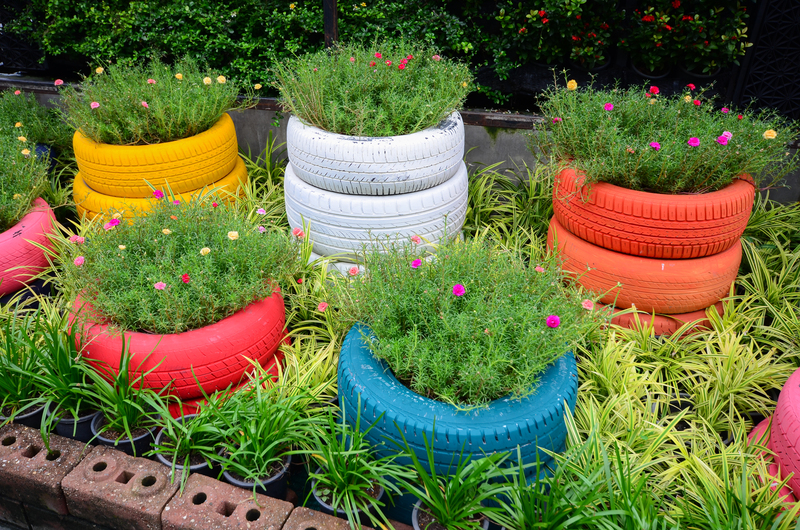Waste reduction is not only essential for preserving the environment, but it's also a great way to save money and instill sustainable habits for future generations. By adopting small changes, you can significantly reduce waste and contribute to a healthier planet. Here are ten actionable tips to help you in your journey towards waste reduction and sustainability.
The Importance of Waste Reduction
Reducing waste is crucial in the fight against climate change and resource depletion. It helps to conserve energy, reduce pollution, and protect ecosystems. By minimizing waste, you're also promoting efficient use of resources, which is a fundamental aspect of sustainable living.

Environmental Benefits
Waste reduction decreases the amount of waste that ends up in landfills and oceans, reducing the harmful effects on wildlife and natural habitats. It also limits the production of methane, a potent greenhouse gas.
Economic and Social Benefits
By adopting waste reduction practices, businesses and individuals can save money on disposal costs and create job opportunities in recycling and repurposing industries. Furthermore, it encourages communities to engage in conscious consumption and responsibility towards the environment.

10 Green Tips for Effective Waste Reduction
1. Embrace Recycling
Recycling is a fundamental aspect of reducing waste. Understand your local recycling guidelines and separate recyclables such as glass, plastic, paper, and metal properly. Consider setting up a dedicated recycling station at home or work to make the process seamless.
2. Compost Organic Waste
Composting is an excellent way to handle organic waste such as food scraps and yard debris. It transforms waste into nutrient-rich compost, which can be used to enrich soil in gardens. Consider starting a composting system at home to reduce household waste significantly.
3. Reduce Single-Use Plastics
- Carry reusable shopping bags
- Use refillable water bottles
- Opt for reusable straws and utensils
By reducing your reliance on single-use plastics, you contribute to lessening plastic pollution and conserving resources.
4. Donate and Repurpose
Items you no longer need can still have a life. Instead of discarding them, consider donating to local charities or repurposing for new uses. This practice not only reduces waste but also helps those in need.
5. Make Informed Purchases
Be mindful of what you buy. Opt for products with minimal packaging and made from sustainable materials. Prioritize quality over quantity, and consider the lifecycle of a product before making a purchase.
6. Repair Instead of Replace
In a throwaway culture, we often opt to replace items instead of repairing them. By learning basic repair skills, you can extend the life of your belongings and significantly cut down on waste.
7. Buy in Bulk
Purchasing items in bulk reduces the amount of packaging waste generated. It's an economical and environmentally friendly approach often available at zero-waste stores.
8. Be Water Wise
Conserving water is an important aspect of waste reduction. Fix leaks, use water-efficient fixtures, and be conscientious about water usage at home.
9. Educate and Involve Others
Spread awareness about the importance of waste reduction. Get family, friends, and your community involved by organizing events or workshops to educate others on the benefits and methods of cutting down waste.
10. Support Local and Sustainable Brands
Choose to support businesses that prioritize sustainability and eco-friendly practices. Buying local reduces transportation emissions and supports the community.
Conclusion
Reducing waste is a journey that involves everyday choices and habits. By incorporating these ten green tips into your lifestyle, you can master the art of waste reduction while enjoying a cleaner, greener world. Let's work together to set an example for future generations and ensure the preservation of our planet.
Remember, every small step counts. Start today and be a part of the solution to waste!